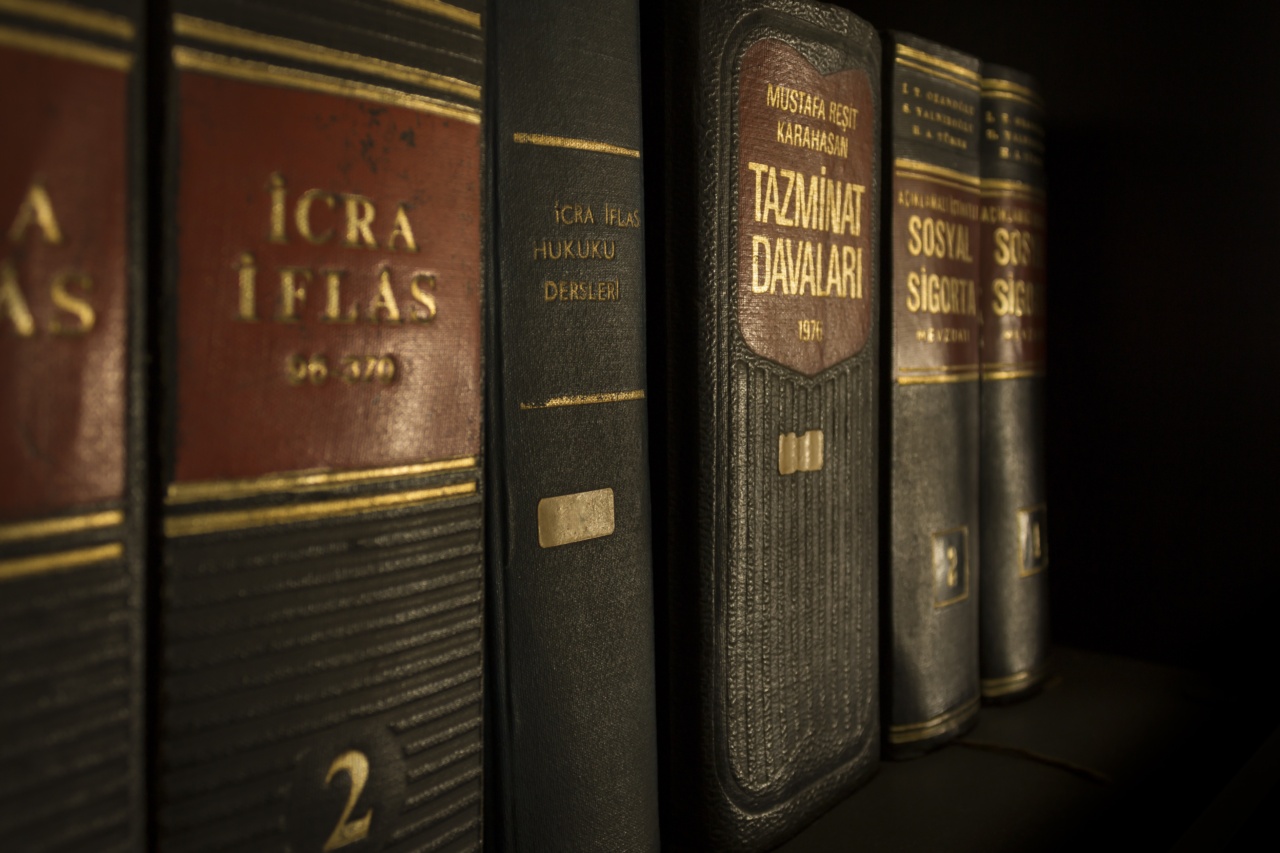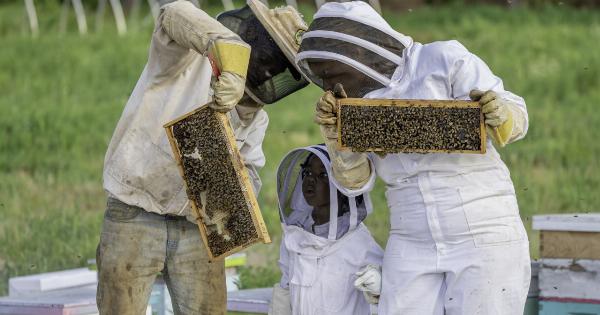`Parental license’ is a term that is increasingly being used in discussions surrounding parenthood and child-rearing.
The idea behind it is that just as people need a license to perform certain professional or public duties that impact the lives of others, they should also need a license to become parents, who have the responsibility of shaping the lives of their children. But what exactly are parental licenses and how are they regulated? In this article, we will explore the latest regulations surrounding parental licenses.
What are Parental Licenses?
Parental licenses are a proposed framework for regulating the process of becoming and being a parent.
In essence, it would mean that before they can have children, potential parents would need to obtain a license that certifies them as being fit and capable of parenting. This license would be granted after an assessment of the individual’s preparedness to become a parent.
The assessment would take into account a variety of factors such as the person’s physical and mental health, their financial stability, their knowledge of child-rearing, and their social support network. The idea is that by having a license, parents would be held to certain standards and expectations, thus ensuring that children are brought up in a safe and healthy environment.
The Pros and Cons of Parental Licenses
The notion of parental licenses has garnered both support and criticism from various quarters.
On the one hand, supporters argue that parental licenses would help to prevent child neglect and abuse, reduce the number of unwanted or unplanned pregnancies, and promote responsible parenting. Some proponents also argue that such an approach would promote equity and fairness, as everyone would be subject to the same assessment standards.
On the other hand, critics argue that parental licenses could be used to discriminate against certain groups of people, such as those with low income or those with disabilities.
Others have raised concerns about the practicality of such a system, questioning how it would be regulated and enforced, and whether it would infringe on individual freedom and reproductive rights.
Current Regulations on Parental Licenses
Parental licenses are not currently enforced in most countries, but there are some jurisdictions that have taken steps towards implementing them.
China, for instance, has long had a ‘one child policy’ that limits the number of children a couple can have, and in recent years, the country has started granting permits that allow couples to have a second child. These permits are subject to a rigorous assessment process that accounts for factors such as the couple’s age, income, and education level, among others.
In the United States, some states have introduced laws that require a license for foster parents or those who adopt children. However, there are currently no laws that require licenses for biological parents.
The Future of Parental Licenses
The idea of parental licenses is still in its infancy, and as such, it remains a topic of much debate.
While proponents argue that such a system would help to ensure children are raised in safe and healthy environments, critics point to potential problems such as discrimination and infringement on individual rights. As societies continue to grapple with issues of child welfare and individual responsibility, the concept of parental licenses will likely remain a subject of discussion for years to come.
Conclusion
Parental licenses are a proposed framework for regulating parenthood by requiring potential parents to obtain a license that certifies them as being fit and capable of parenting.
While the idea has garnered both support and criticism, it is not currently enforced in most countries. However, as societies continue to evolve and seek ways of promoting child welfare, the notion of parental licenses will likely continue to be a topic of debate.






























